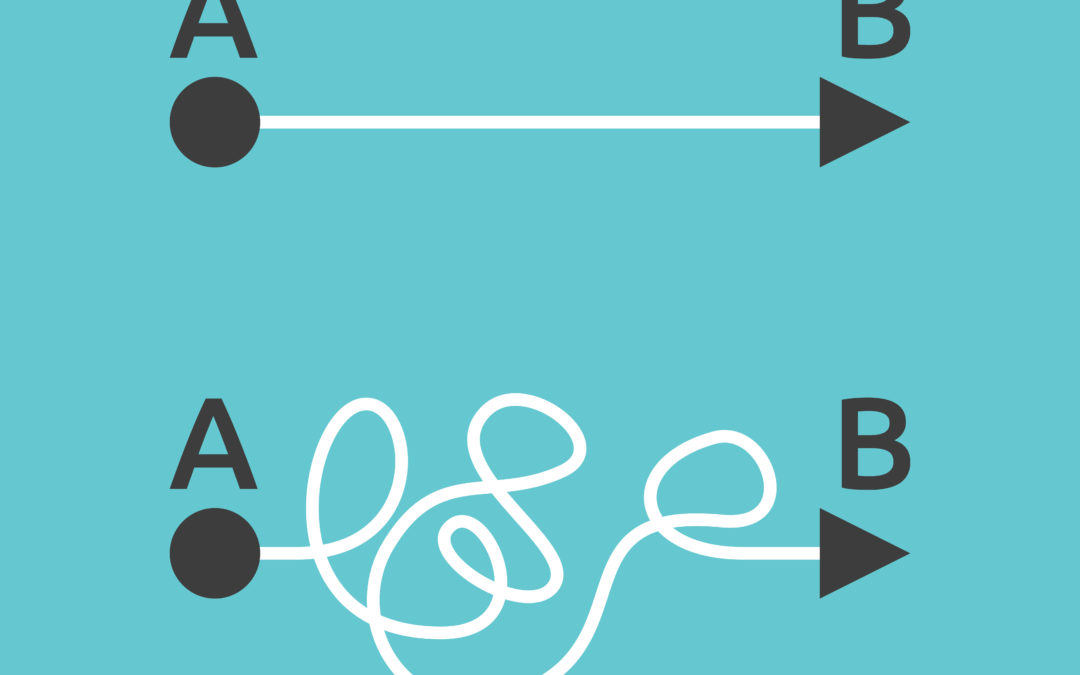
by Erica L. Meltzer | Mar 26, 2017 | Blog, Tutors
When it first crossed my mind that I might be able to rework the original version of The Critical Reader into a prep book for the AP English Language and Composition exam, one of the initial things I did was head over to the College Board’s website and read the AP Comp course description.
I’d done some tutoring for the exam a few years back, but it wasn’t a test I’d been constantly immersed in, as was the case for the old SAT. I also knew that in addition to changing the SAT, the College Board had planned overhauls for a number of AP exams. Interestingly, the AP English Comp test was not officially listed among them; however, as I read the description for 2014 and beyond, it became clear that the test had recently undergone some important changes. (more…)
by Erica L. Meltzer | Mar 18, 2017 | Blog
Since the SAT changed last year, I’ve been trying to find ways to keep my old SAT materials relevant, and I’m happy to announce that the original version of The Critical Reader may yet live on.
After doing some research, I’ve discovered that the multiple-choice reading portion of the AP English Language and Composition exam is almost identical to Critical Reading on the old SAT. It actually tests fewer concepts, but the concepts it does test are approached in virtually identical ways.
Although the AP test does include some passages that are more challenging than those on the old SAT, the overall level and content (minus the hard science passages) are essentially the same. (more…)

by Erica L. Meltzer | Mar 16, 2017 | Blog, GMAT, The Mental Game
In an attempt to better understand the grammatical issues that students studying for the GMAT typically find most challenging, I’ve started — belatedly, I admit — dipping a toe into the Sentence Correction forums on beatthegmat and gmatclub.
The experience is something I can only describe as a flashback to the days when I used to read students’ obsessive parsing of SAT grammar questions on College Confidential. I don’t dispute that there’s a lot of helpful information, and some really outstanding analysis, but a lot of what I read also makes me want to bury my head in my hands and groan.
To be fair, many of the students posting are not native English speakers, or come from countries where the English spoken is sufficiently different from standard American English that what’s on the GMAT might as well be a foreign language. That’s a huge challenge, and I’m not denying that. (more…)
by Erica L. Meltzer | Mar 8, 2017 | Blog, SAT Essay, Students
If you look at the SAT Essay scoring rubric, you’ll find in order to earn a top score of 4 in “Writing,” an essay must demonstrate “a highly effective use and command of language,” and “a consistent use of precise word choice.”
Those are lovely-sounding directives, but they’re also extremely vague. It’s hard to dispute that these are characteristics of good analytical writing, but what do they actually mean, and how can you put them into practice?It’s easy enough to memorize grammatical rules, but style is something that can’t be taught…right? (more…)

by Erica L. Meltzer | Jan 29, 2017 | Blog, GMAT
When it comes to the GMAT, idiom questions seem to cause a disproportionate amount of anxiety.
To some extent, this is understandable. English is filled with idioms: fixed phrases that, by definition, are what they are for no other reason than that the language evolved a particular way. There is no logical reason that insist on is correct while insist at is not. And for ESL students, the sheer number of these phrases can seem overwhelming.
The reality, however, is that “pure” idioms are simply not that much of a focus on the GMAT. There are, of course, certain idioms that you absolutely need to know; however, the fact that two answers might contain the phrase research on while three others contain research into does not necessarily mean the only way to answer the question is to know which preposition the GMAT considers correct. (more…)
by Erica L. Meltzer | Jan 22, 2017 | Blog
I realize that my 2017 blogging record hasn’t exactly been stellar so far, but I’ve been hard at work on a number of projects.
First, I’m excited to announce that I am collaborating with Larry Krieger (of the original Direct Hits and APUSH Crash Course fame) on a vocabulary book for the new SAT.
But, you say, didn’t the College Board get rid of all those (not really) obscure words? Isn’t vocabulary kind of…passé? As it turns out, vocabulary is still quite relevant. Both the Reading and Writing sections still include plenty of words that are unfamiliar to many students, and we’ve found an approach that efficiently targets only the material most relevant to the new exam. Stay tuned for more details. (more…)


